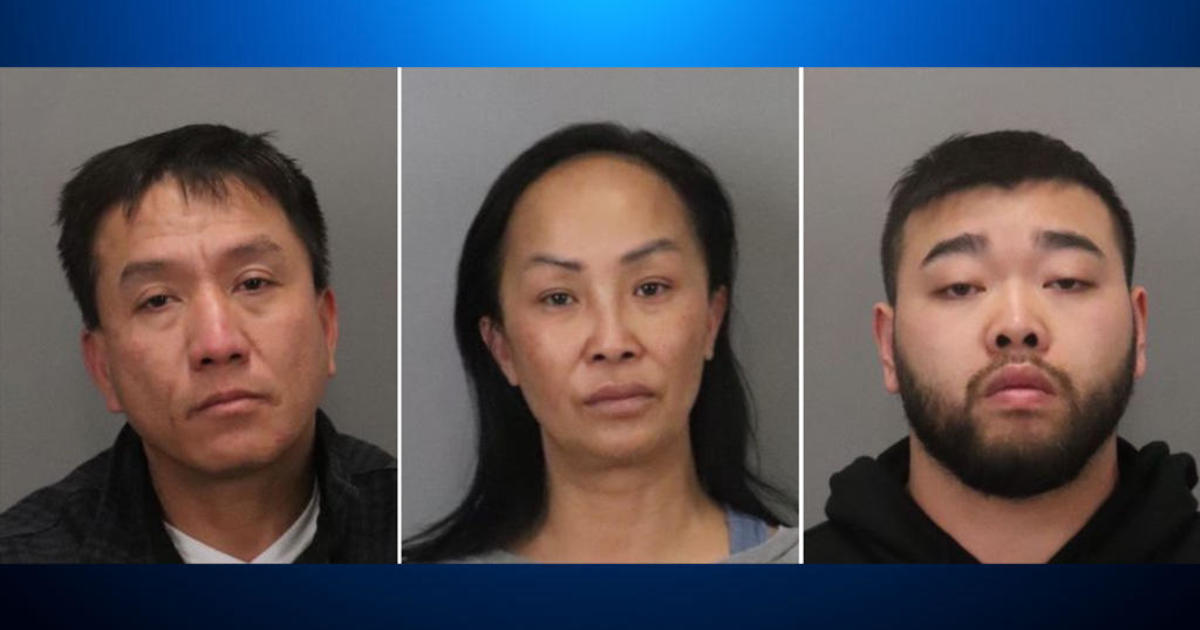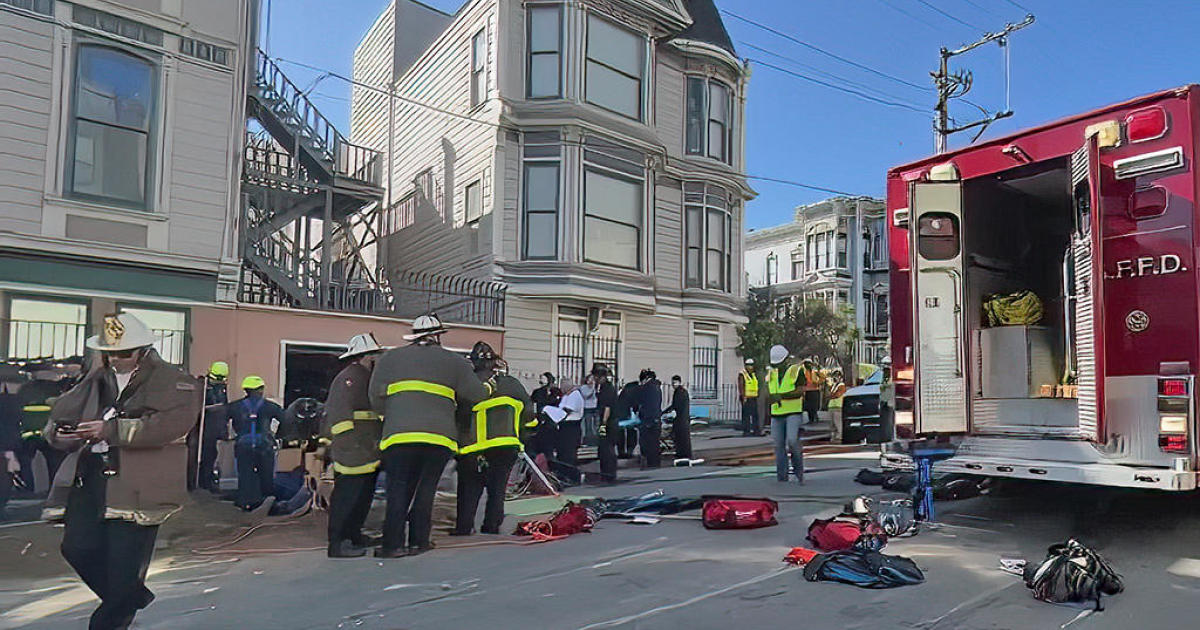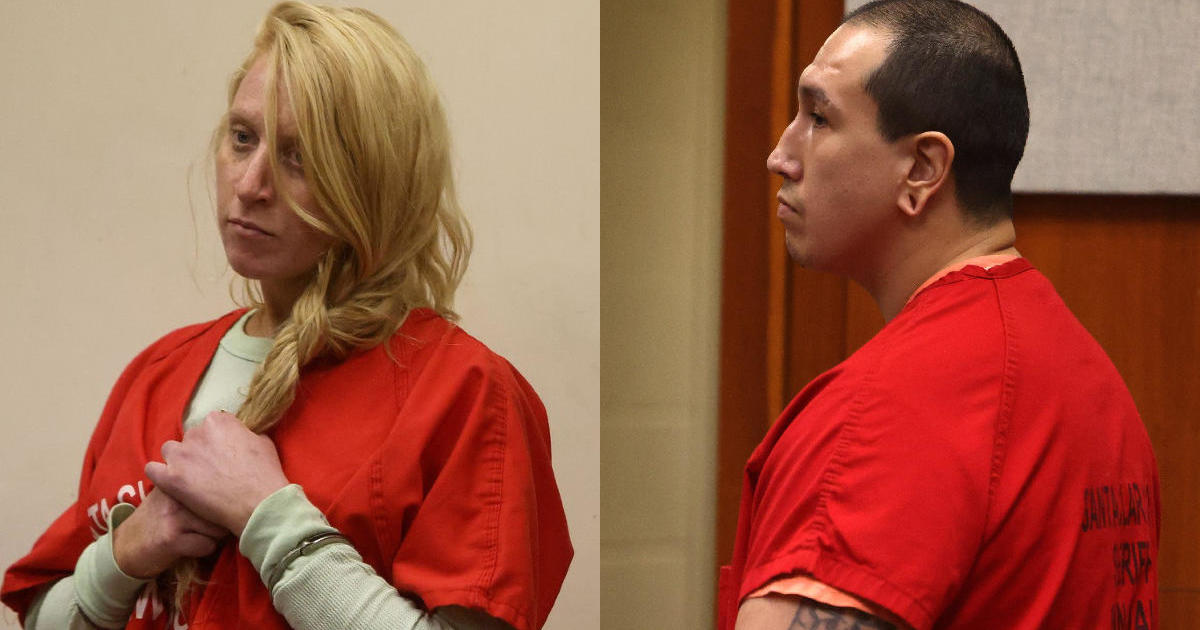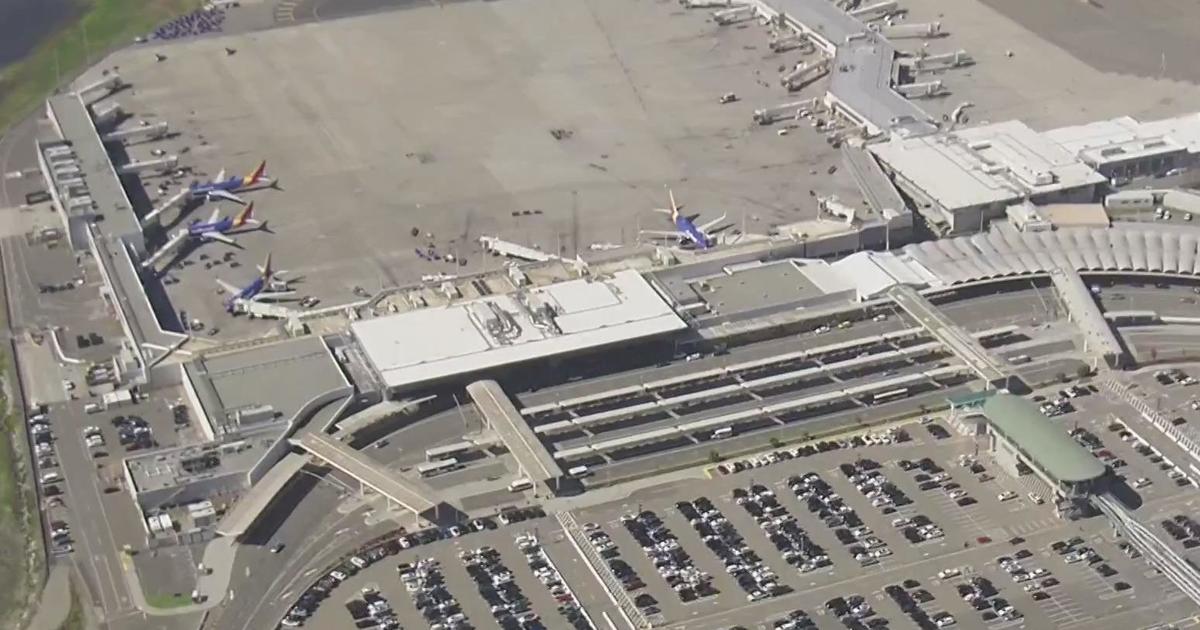SFPD Crime Lab Tech Pleads Guilty To Misdemeanor In Drug Case
SAN FRANCISCO (CBS SF) - A long-running case against a former San Francisco police crime lab technician ended in a misdemeanor plea bargain Friday when she pleaded guilty in federal court to a reduced charge of possessing cocaine in 2009.
Deborah Madden, 63, of San Mateo, pleaded guilty to the misdemeanor charge before U.S. District Judge Susan Illston in San Francisco and will be sentenced by Illston on July 19.
The plea came after two trials in Illston's court ended in hung juries in October and January on a more serious federal felony charge of obtaining cocaine by means of fraud, deception or subterfuge.
The misdemeanor conviction has a maximum penalty of one year in prison, while the previous felony charge carried a maximum of four years.
Madden was accused of taking small amounts of cocaine from the laboratory's drug analysis unit in offices at the former Hunters Point Naval Shipyard in the city between October and December 2009.
She has admitted taking bits of the drug, but maintained she took only trace amounts spilled during weighing.
Madden's actions and other problems at the laboratory led to the temporary closure of the drug analysis unit and the district attorney's dismissal of hundreds of criminal cases that depended on evidence analyzed there.
Madden went on leave in December 2009 after 29 years as a Police Department civilian employee and entered an alcohol and drug rehabilitation program. She retired permanently in March 2010.
Madden told police investigators in a 2010 interview that she took small amounts of cocaine to try to control an alcoholism problem.
Her defense attorneys argued at the two federal trials that she merely took what was on her desk and that there was no proof of the fraud or deceit needed for a conviction on the original felony charge. Jurors in both trials deadlocked on that issue.
Defense attorney Paul DeMeester said of the plea, "It's a proper disposition. We have always maintained there was nothing fraudulent about her actions."
DeMeester said Madden has been "clean and sober" since entering the rehabilitation program in December 2009 and is now studying for a degree in substance abuse counseling.
"Her aim is to help people who find themselves in the position she found herself in," DeMeester said.
In the written plea agreement filed today, Madden admitted, "I knowingly possessed cocaine outside the scope of my employment" within San Francisco on or about Dec. 3, 2009. The document does not specify the amount of cocaine or whether she possessed it at the crime lab.
Madden said little during the hearing except to confirm that she understood the agreement and that she was giving up the right to appeal.
When asked by Illston whether she was admitting to possessing cocaine outside the scope of her employment, Madden answered, "Yes."
In a separate case, Madden was convicted in San Mateo County Superior Court in 2011 of possessing 0.09 grams of cocaine found in a 2010 search of her home and was sentenced to undergo drug counseling.
However, she was never prosecuted in the state court system in connection with the San Francisco laboratory pilfering. The California attorney general's office announced in December 2010 that it would not file any charges against her because of a lack of sufficient evidence.
U.S. prosecutors then stepped in and obtained a grand jury indictment under a federal law that is sometimes used to prosecute doctors, pharmacists and patients who fraudulently obtain unneeded prescription drugs.
Prosecutors argued during the two trials that Madden acted deceptively by working late more than usual in the fall of 2009 so that she could take cocaine when no one was watching, and by opening a colleague's locked evidence locker and re-stapling an envelope that contained drugs.
Government witnesses testified that 10 evidence envelopes analyzed by Madden and her two colleagues at the unit in late 2009 appeared to be missing a total of about one-half ounce of cocaine when they were reweighed during the investigation.
Defense attorneys contended that prosecutors did not prove that the scales used in the original weighing and in the reweighing were accurate.
The plea bargain does not include an agreement about Madden's sentence. Illston said she will determine the penalty after considering federal sentencing guidelines and a pre-sentencing report that will be prepared by court staff.
(Copyright 2013 by CBS San Francisco and Bay City News Service. All Rights Reserved. This material may not be published, broadcast, rewritten, or redistributed.)



